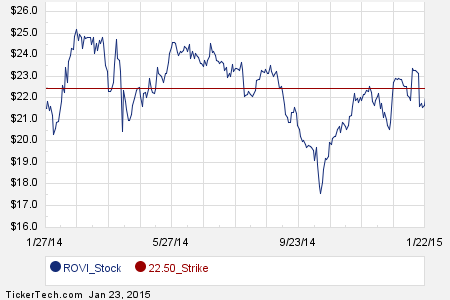Beginner Trading Fundamentals Introduction
Post on: 16 Март, 2015 No Comment

Trading is an active style of participating in the financial markets, which seeks to outperform traditional buy-and-hold investing. Instead of waiting to profit from long-term uptrends in the markets, traders seek short-term price moves in order to profit during both rising and falling markets. As a trader, you can be your own boss, work from home, set your own schedule and have the opportunity to achieve unlimited income potential. These factors, combined with the ease with which someone can enter the field, help make trading attractive.
While it’s relatively easy to start trading — after all, you don’t need any advanced degrees or specialized training — it is very difficult to become good at it and to become successful. It’s not uncommon for someone who wants to trade for a living to overlook the financial, emotional and time commitments that are required to build a successful trading business. As a result, about 90% of day traders fail within the first year. Having a strategic approach, both in terms of your overall business and your actual trading activity, is an essential part of becoming a profitable trader.
In the first part of our beginner trading series, How To Start Trading . we emphasized the need to approach trading as a business and not as a hobby. In addition, we explored:
- Trading styles — position, swing, day and scalp trading
- Trading technology - computers, trading software, market analysis, testing and order execution
- Order types — market, limit, stop, stop loss, conditional and duration
- Trading plan development — market, chart interval, indicators, position sizing, entry rules, trade filters and exit rules
- Testing your trading plan — backtesting, in-sample and out-of-sample testing, and forward performance testing
- Live trading performance — trader errors, fills, technical problems and unique trading conditions

Here, in the second part of our beginner trading series, we introduce additional concepts that are important to traders, including:
- Charting
- Leverage and margin
- Popular trading instruments
- Risk
- Strategy automation
- Record keeping and taxes
Beginner Trading Fundamentals: Charting














